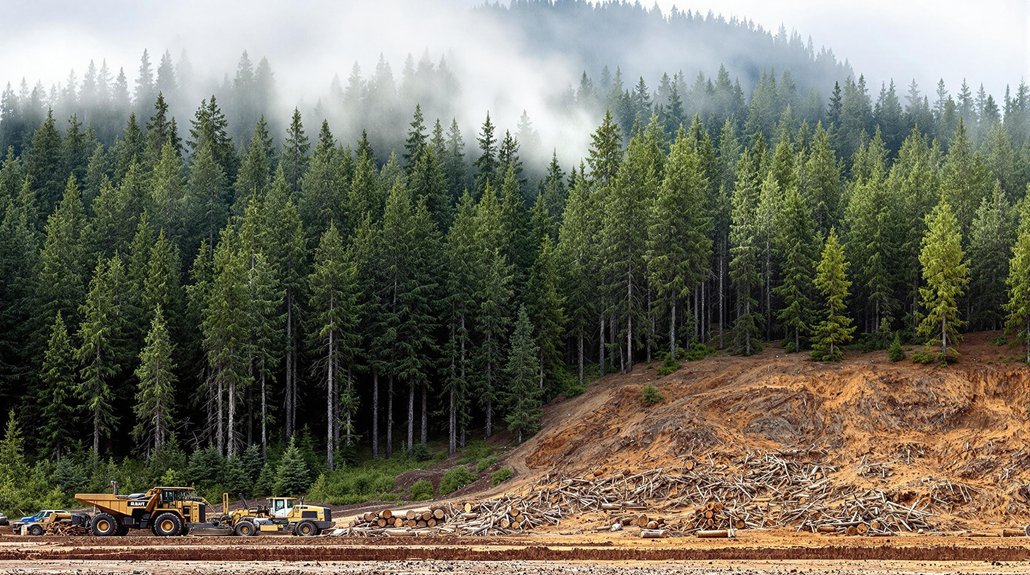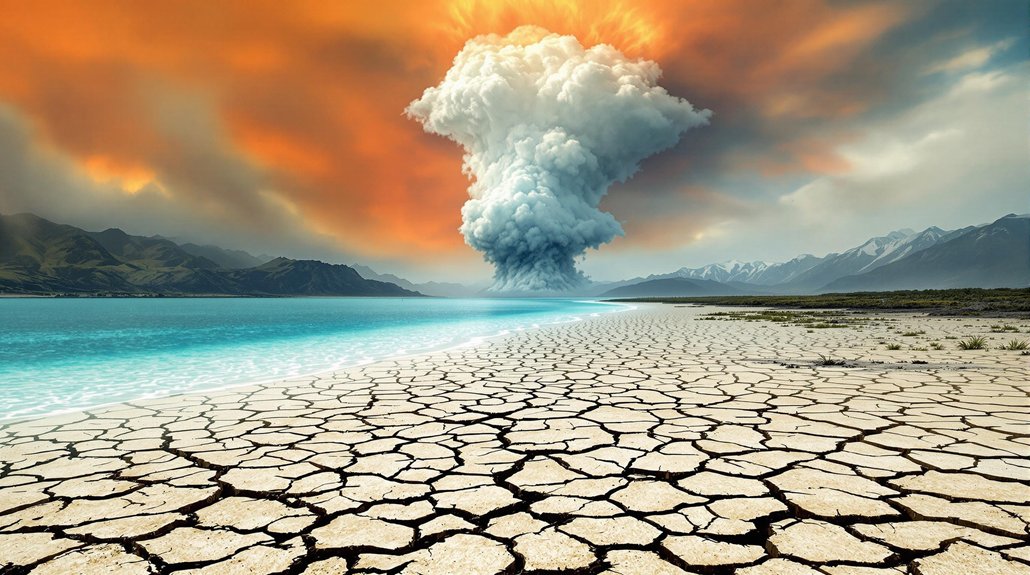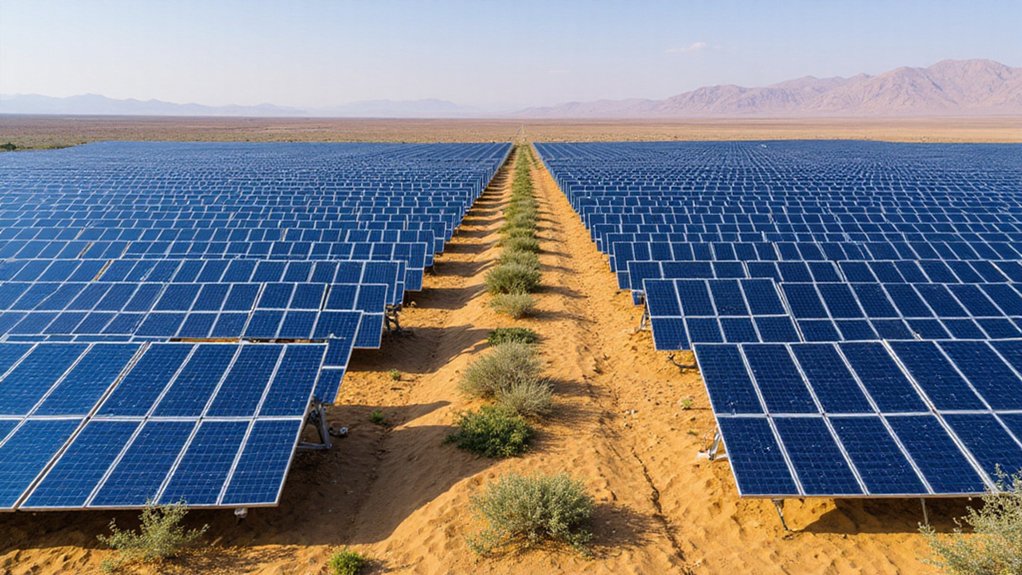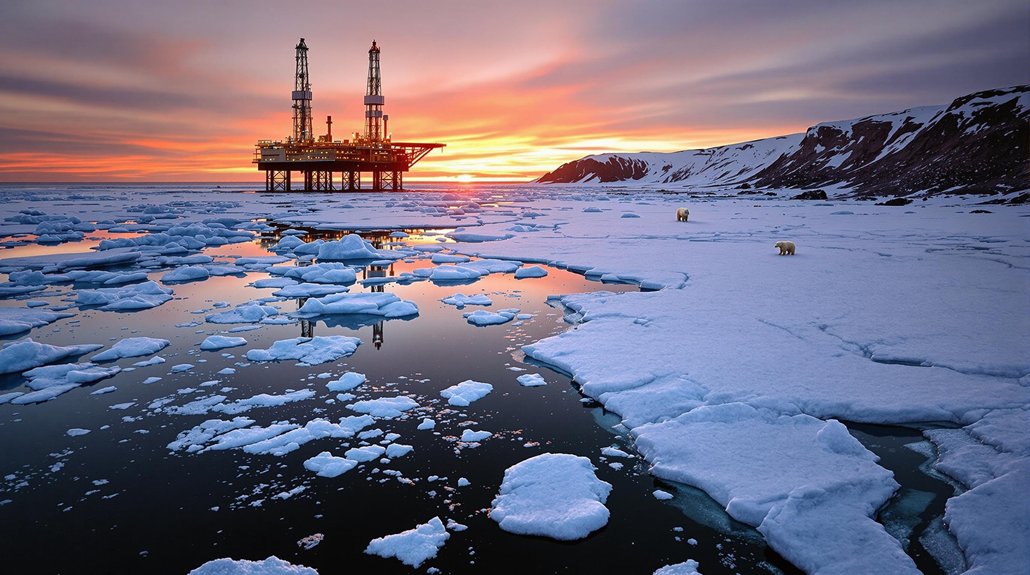President Trump declared an emergency allowing industrial logging across 60% of national forests without standard environmental reviews. The order covers 176,000 square miles, mainly in Western and Southern states. The administration claims it will support 750,000 jobs and reduce construction costs. Environmental groups have filed lawsuits, arguing the action threatens biodiversity and climate resilience while bypassing proper regulatory oversight. The controversy continues to unfold nationwide.
President Trump’s recent emergency declaration has opened up 176,000 square miles of national forest lands to increased industrial logging. This massive area represents approximately 60% of U.S. national forests, primarily in the Western United States and parts of the South. The declaration allows federal agencies to bypass environmental regulatory reviews that would normally be required before timber harvesting can begin.
Under the declaration, logging operations will operate with reduced oversight under the Endangered Species Act and limited review processes required by the National Environmental Policy Act (NEPA). The administration claims these measures will reduce wildfire risks and provide economic benefits across the country.
The sweeping declaration guts environmental safeguards while promising dubious economic gains and questionable wildfire protection.
The timber industry expansion is expected to support more than 750,000 jobs across related sectors, according to government estimates. Officials also claim increased domestic timber supply will reduce construction costs and decrease reliance on imports, potentially reducing trade deficits.
Critics are questioning the declaration’s effectiveness for fire mitigation. According to Blaine Miller-McFeeley, the emergency determination lacks proper justification and prioritizes logging over genuinely protecting communities from wildfires. While the plan includes thinning forested areas prone to fire, some experts argue that industrial-scale logging may actually exacerbate problems by increasing soil erosion and damaging water systems critical for fire control.
Environmental organizations have filed lawsuits challenging the executive order, citing concerns over insufficient public consultation and potential violations of federal environmental laws. State governments have also voiced opposition to the reduction in forest protections that affect local conservation efforts.
Climate advocates warn about the potential impacts of large-scale deforestation, which could accelerate carbon emissions and reduce carbon sinks in national forests. The loss of biodiverse forest ecosystems might undermine climate resilience goals at a time when they’re most needed.
Conservation groups are particularly concerned about the reduced protections for old-growth forests and critical wildlife habitats. The Forest Service has been directed to increase timber volume offered by 25% within the next four to five years. They argue the economic benefits are overstated when compared to the long-term environmental losses that could result from prioritizing timber production over forest health and biodiversity conservation.
Public protests against the declaration have emerged across the country, with demonstrators expressing concern about threats to public lands and ecosystems.









